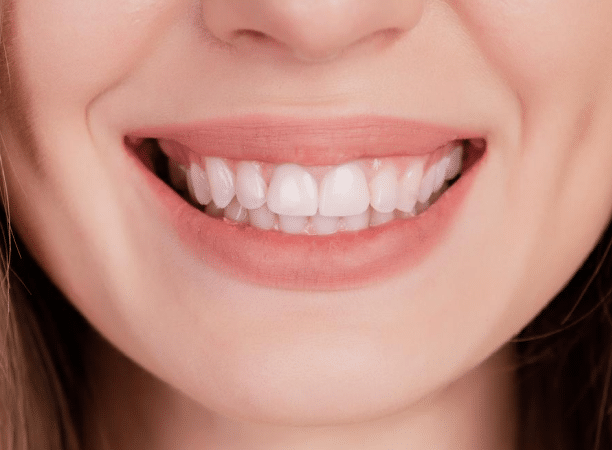Treatment plans for implant-supported dentures vary depending on many factors. One of these factors is whether the full-arch restoration targets the upper or lower jaw. You may be thinking: does it matter which dental arch the implants sit in? The answer is yes it does.
The upper and lower jaws have different qualities and anatomies. For this reason, dentists adjust full mouth dental restoration to cater to the needs of each jaw. Here is what you need to know about the differences between the upper and lower jaws.
The lower dental arch and its suitability to implant-supported dentures
The bottom half of a vice absorbs most of the downward pressure as a workman hammers or saws away. In some ways, the mouth works like a vice, with the lower jaw absorbing much of the crushing and grinding pressure of chewing. It makes sense that the lower jawbone is harder and tougher than the bone tissue in the upper jaw.
By design, the lower jaw has much higher bone density than the upper jawbone. High bone density translates into a rock-solid foundation for dental implants. In turn, a set of perfectly embedded implants provides solid support for dental restorations or prosthetics.
This means that a healthy lower jaw is versatile. It can secure dental implants such that the dentist can get away with using as few as three implants. The dentist could also choose to use as many implants as can offer maximum support to a set of dentures. Still, dentists try to limit the number of dental implants to a maximum of eight per arch. Four to six implants is the norm.
The lower jaw is also easier to work with
Each jaw has a network of supporting structures that contribute to its function and maintenance. These ‘structures’ include:
- Nerves
- Connective tissue
- Blood vessels
It is worth noting that the upper jaw has a lot more going on than just its own structures. For starters, there are a lot more nerves that sit near the upper jaw. These nerves serve the sinuses as well as other parts of the head and face. Placing implants in the upper jaw, especially at the back puts these nerves as well as the sinuses in play. This is where preparatory procedures like sinus lifts come in.
The lower jaw has a far less complex anatomy, which translates into a simpler treatment plan. To recap, not only does the lower jaw provide a more solid foundation for dental implants, it lacks the complexities of the upper jaw.
The benefits of replacing lower teeth with implant-supported dentures
Removable dentures that sit on the lower teeth tend to come loose. This comes down to the fact that there is much less gum support for dentures on the lower jaw.
An alternative that stays in place with the aid of a few dental implants has some benefits. For one, implant-supported dentures improve the wearer’s quality of life. This means no slippage while talking or eating, which translates into a confidence boost and an improved diet. Better still, the dental implants maintain the mass and density of the jawbone.
Dental implants can light up your smile and keep your mouth healthy
Call us to set up an appointment with our dentist. They will use their experience in the installation of implant-supported dentures to create a custom treatment plan just for you.
Request an appointment here: https://www.peakviewdentistry.com or call PeakView Dentistry at (303) 578-5800 for an appointment in our Boulder office.
Check out what others are saying about our dental services on Yelp: Implant Supported Dentures in Boulder, CO.




